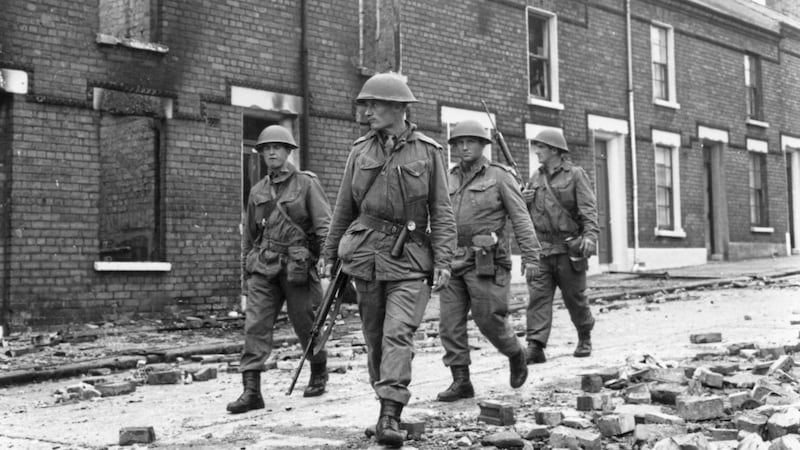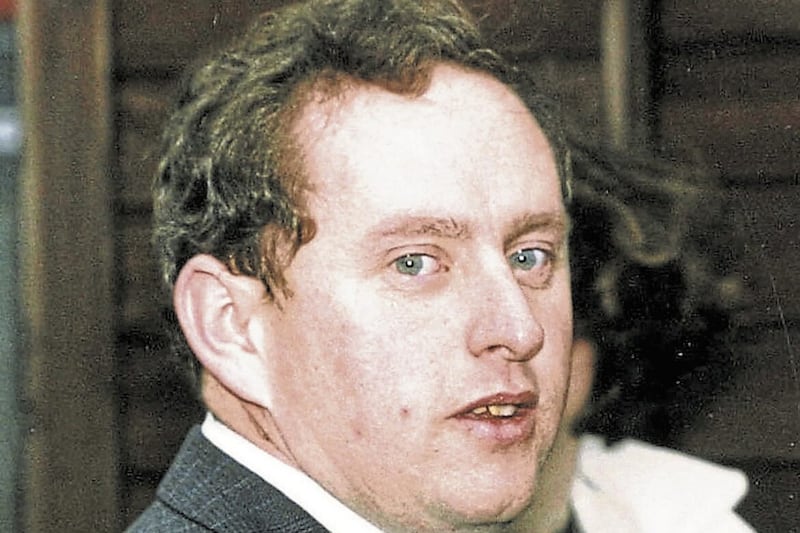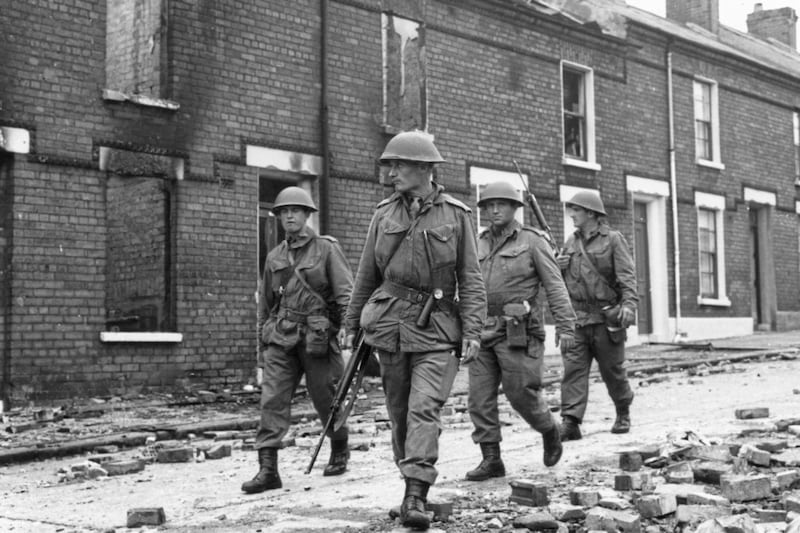THE special operation launched by the British army at the start of the Troubles ended 10 years ago today.
Operation Banner ran for 38 years before being brought to a close on July 31 2007.
It was the longest continuous campaign in the British army's history and involved more than 300,000 personnel.
Troops were first sent onto the streets of Derry on August 14 1969 at the request of then Stormont prime minister James Chichester-Clark, in a move representing the British government’s first major deployment in Ireland since partition.
After arriving to support the RUC in the 'Battle of the Bogside', they were later sent to Belfast and other areas.
Initially the soldiers were welcomed into nationalist areas but the mood changed as the Troubles intensified.
Robert Curtis (20) was the first serving British soldier to be killed when he was shot dead during a gun battle in the New Lodge area of north Belfast by the Provisional IRA in February 1971.
The member of the Royal Artillery would be one 763 soldiers killed by paramilitary groups during the Troubles.
It later emerged that the fatal bullet was fired by a local man, Billy Reid, who was himself killed several weeks later and became the subject of a republican ballad.
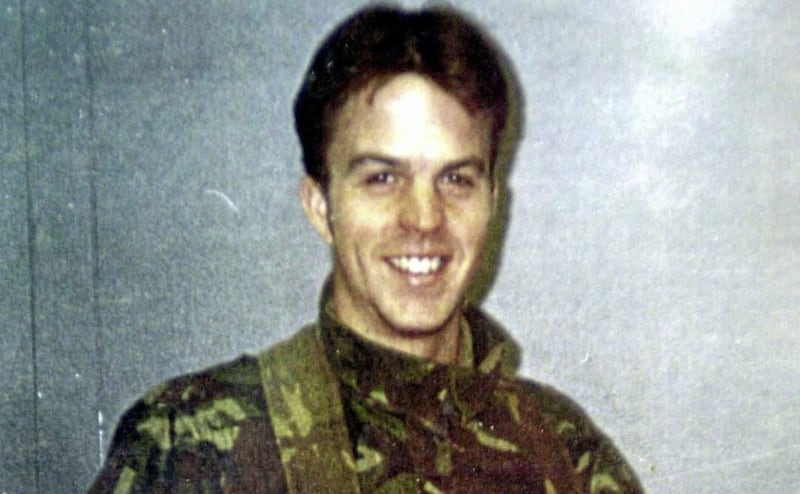
The last British soldier to die before Operation Banner ended was Stephen Restorick (23), who was shot by an IRA sniper while manning a checkpoint at Bessbrook in south Armagh in February 1997.
His killing came just months before the IRA called a second ceasefire.
At the same time Operation Banner ended, Operation Helvetic began.
Since then police have had primacy in security matters.
However, under Helvetic the British army still maintains a presence in the north and its bomb squad routinely responds to call-outs to deal with explosives.
There are currently around 1,300 troops based in the north including soldiers from the Royal Regiment of Scotland, based at Palace Barracks in Holywood, and The Riffles who are based at Thiepval Barracks in Lisburn.
It is believed that British army special forces have also been deployed since the start of Operation Helvetic, including the Special Reconnaissance Regiment (SSR), which is believed to work closely with the SAS.
Former PSNI chief constable Hugh Orde confirmed in March 2009 that he had requested the help of the unit to deal with dissident republicans.
However, it is believed by some that it was deployed at least two years earlier and continues to be active across the north.
The 14th Intelligence Company, a forerunner to the SRR, was involved in suspected shoot-to-kill incidents and has been accused of collusion with loyalists.
Other British army units, including the Military Reaction Force, have also been shrouded in controversy.
Members are alleged to have killed several innocent Catholics and it was disbanded 14 months after it was set up in 1971.
The last British soldiers killed by republicans were Mark Quinsey (23) and Patrick Azimkar (21) who were shot dead by the Real IRA outside Massereene Barracks in Antrim in March 2009.
A spokesman for the British army said: “We never discuss the disposition or strength of special forces."
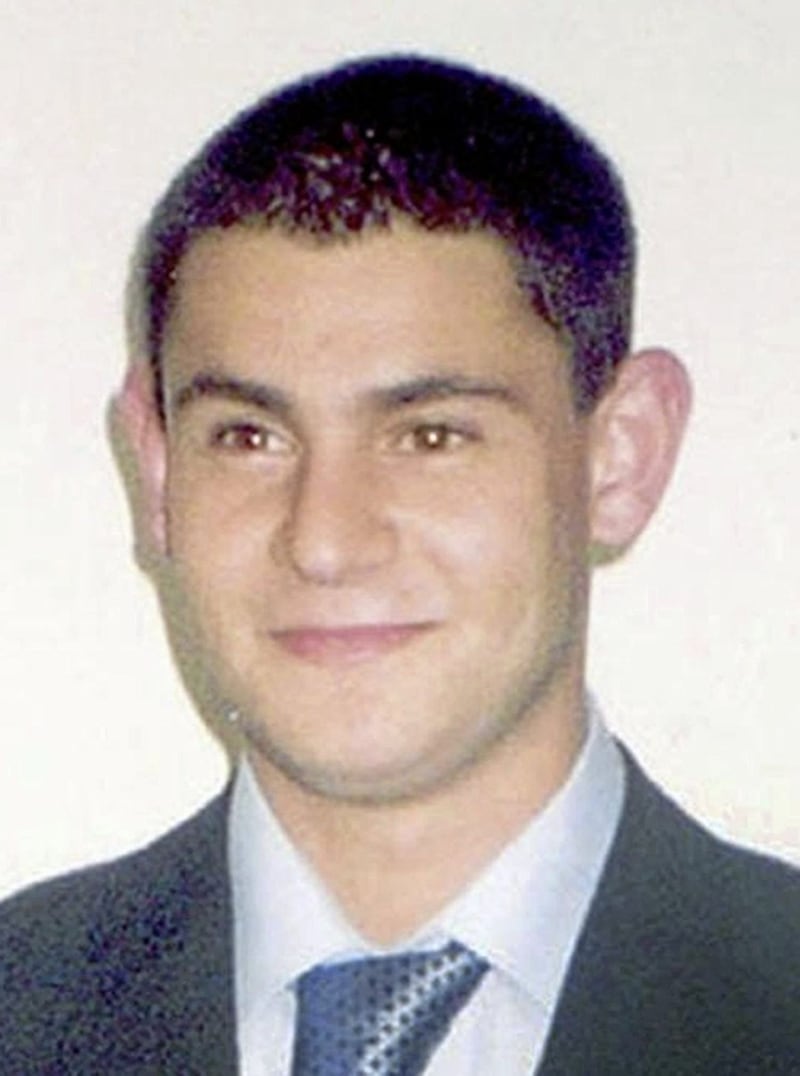
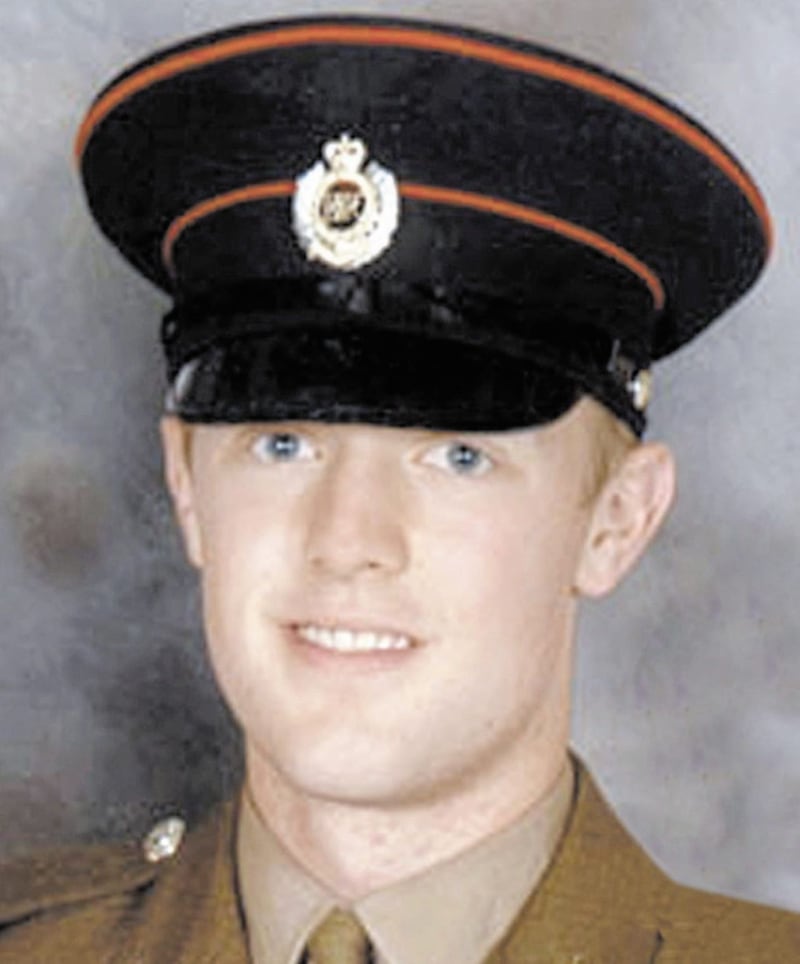
:::::::::::::::::
THE British Ministry of Defence has refused to reveal the terms of reference of Operation Helvetic.
Despite being in place for 10 years, military chiefs rejected the freedom of information request from the Committee on the Administration of Justice (CAJ).
The MoD said the "information you have requested is sensitive and its disclosure would prejudice the capability, security and effectiveness of our armed forces in future operations".
CAJ deputy director Daniel Holder said he has asked the MoD to carry out an internal review of the decision.

“The terms of the peace settlement were meant to usher in a new era of accountability – for something as bland and broad as the general terms of reference of the British army’s operation here to be kept entirely secret is entirely at odds with this,” he said.
“It is not possible to know if the military are complying with the terms of the Patten Commission report regarding their role if they do not publish this document. We have appealed their decision to withhold it.”
A spokesman for the MoD said: "Police have primacy in terms of security."
